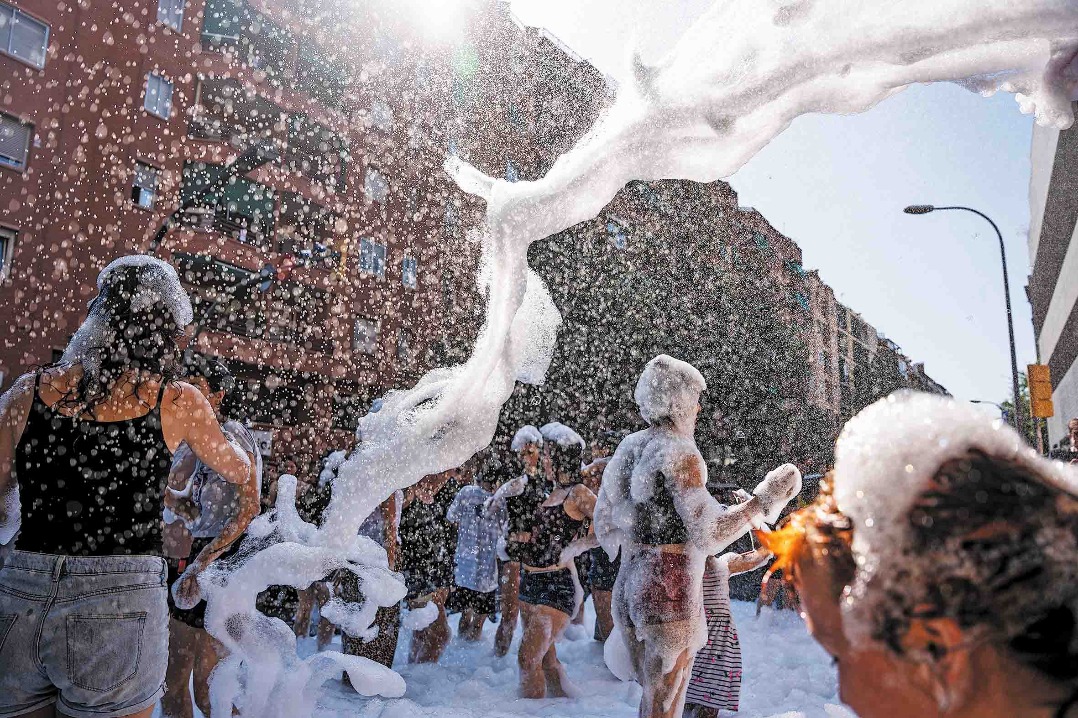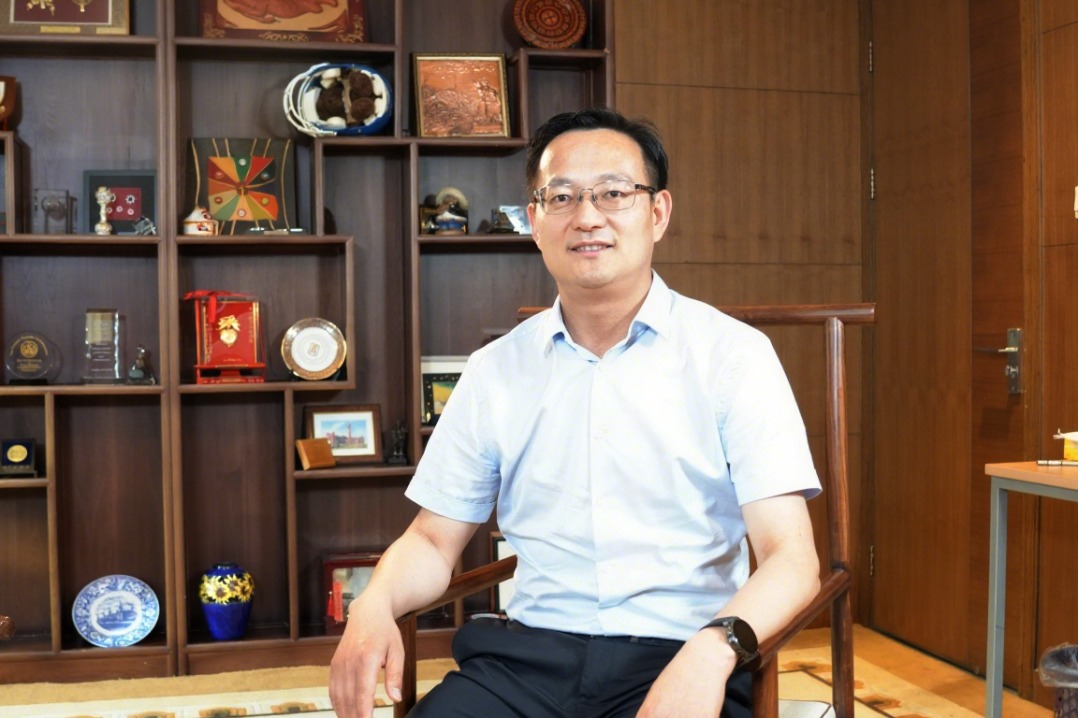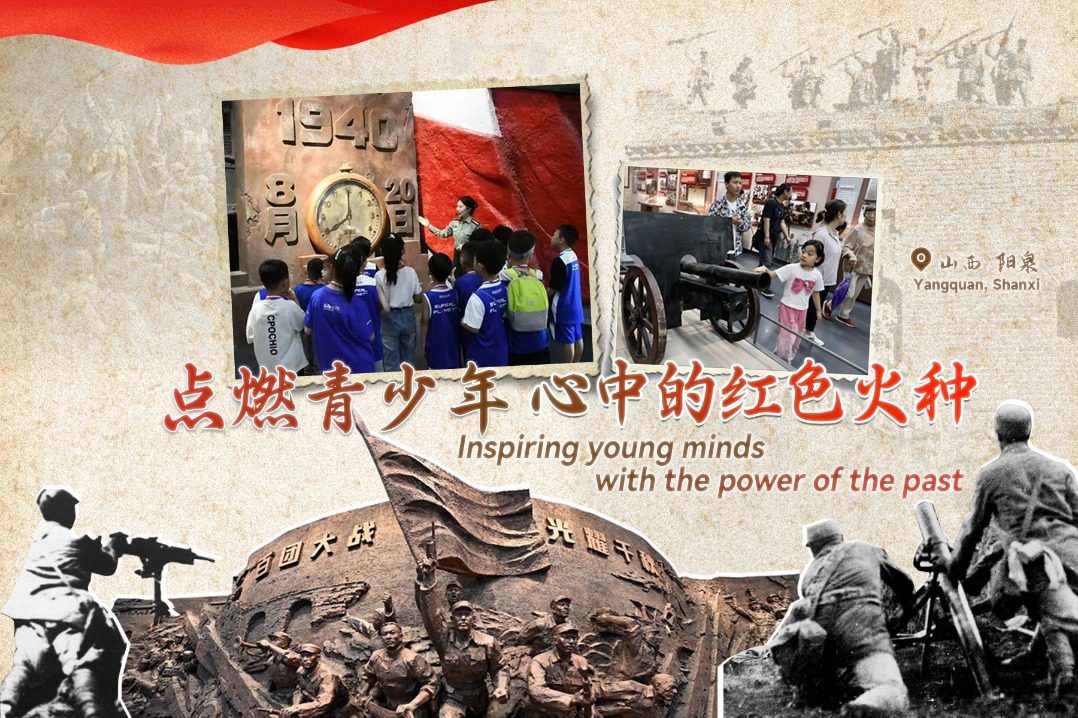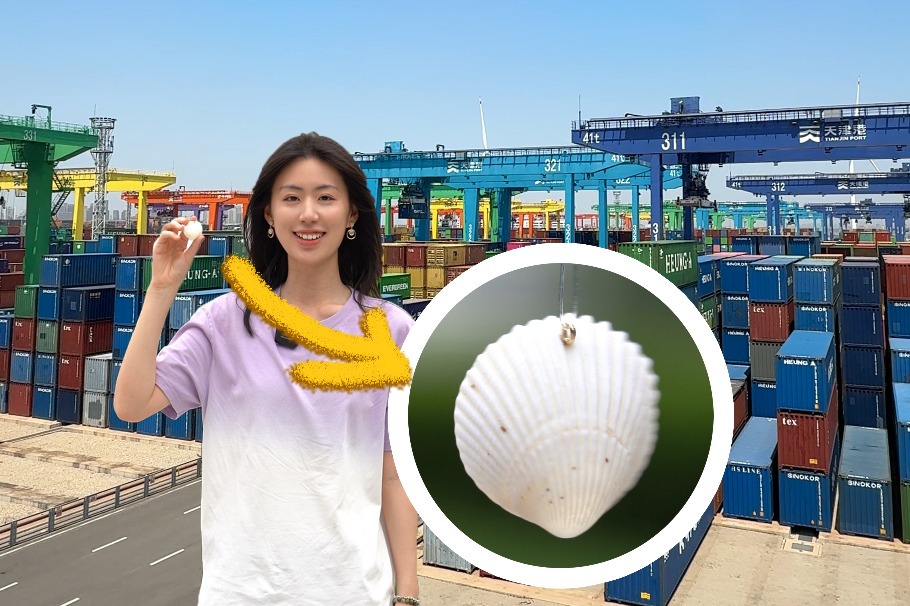Thousands flock to Beijing's rejuvenated temple fairs
From shadow plays to acrobatic feats, traditional art forms are finding new admirers

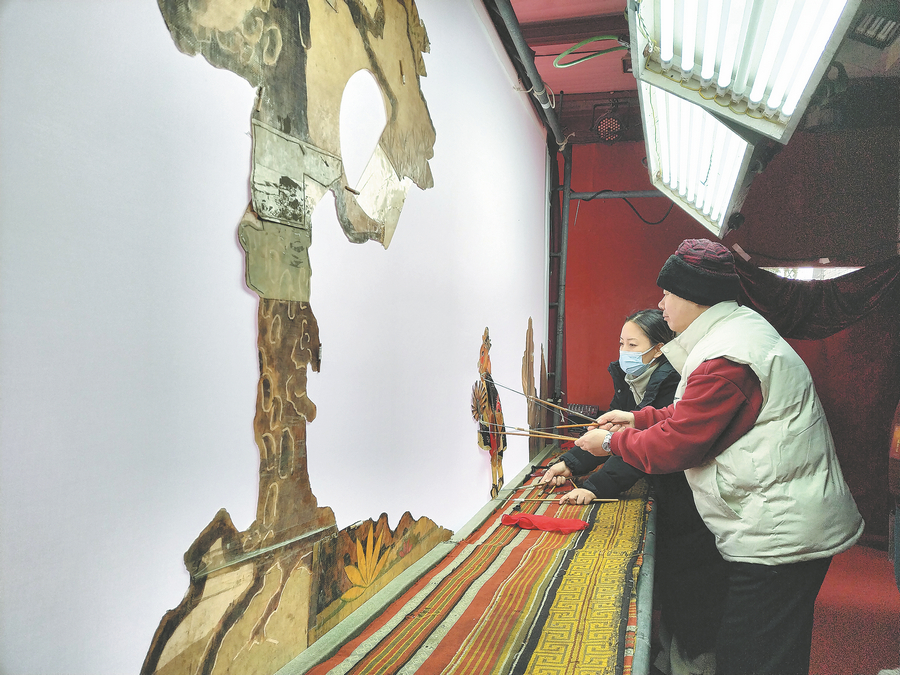
Shadow play, also known as shadow puppetry, is a traditional Chinese art form that combines music, storytelling and puppets. It began to take shape in the Western Han Dynasty (206 BC-AD 24), and reached its peak in the Tang (618-907) and Song (960-1279) dynasties.
During a performance, puppeteers manipulate colorful silhouette figures made from leather or paper, by using rods. The figures create the illusion of moving images on a translucent cloth screen illuminated from behind.
"There is a saying about art troupes performing Chinese traditional art forms," Lu said. "If we didn't have any performances at temple fairs, which mark the beginning of a new year, it will be a difficult year. That's why temple fairs are very important for us performers."
Out of the shadows
Lu recently retired as head of the troupe, which was founded in 1957, and is dedicated to preserving and popularizing the art form.
He recalls vividly when their show was canceled due to the pandemic. "We had already set up the stage and our first show was due to open the next morning when we were told that the temple fair was canceled due to the pandemic," said Lu. "After four years, we are finally able to present shows at temple fairs again."
Born and raised in a Beijing hutong, Lu is the fifth generation of his family involved in shadow plays. When he was 15 years old, his father died of a heart attack. Sadly, his father had been appointed director of the troupe days before he passed away. As the only son, Lu dropped out of school and started working with the troupe.
After learning last year that temple fairs were to restart in Beijing, Lu was excited at the news and decided to reinterpret a classic story. Titled Fan Lihua, the play tells the story of Fan, a legendary female general during the Tang Dynasty.
According to Lu, Fan Lihua is an old show from the troupe's repertoire. When Lu decided to perform his own adaptation of Fan Lihua, he invited a young composer, Bai Qiutong, to do the music for the 50-minute show.














